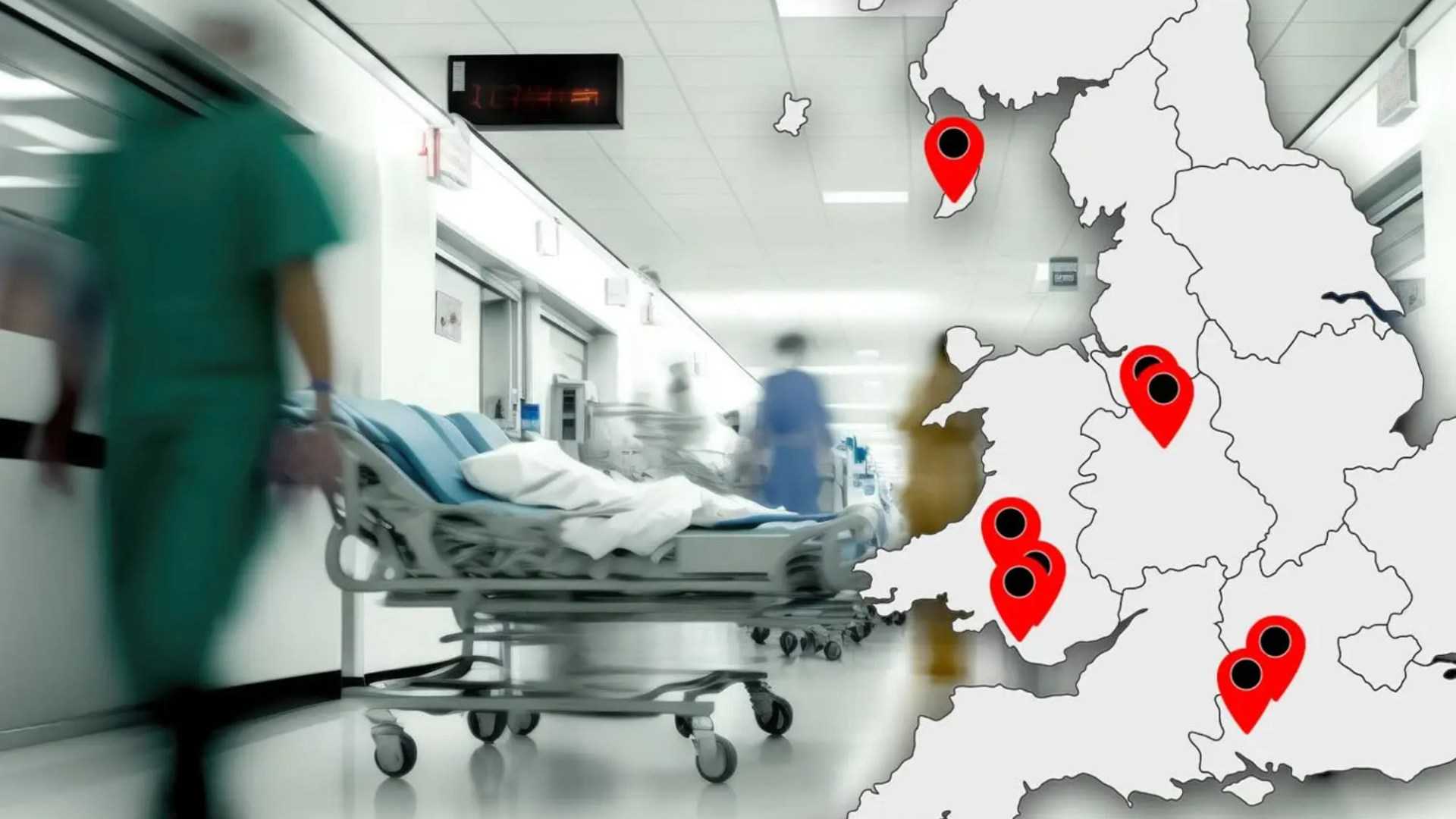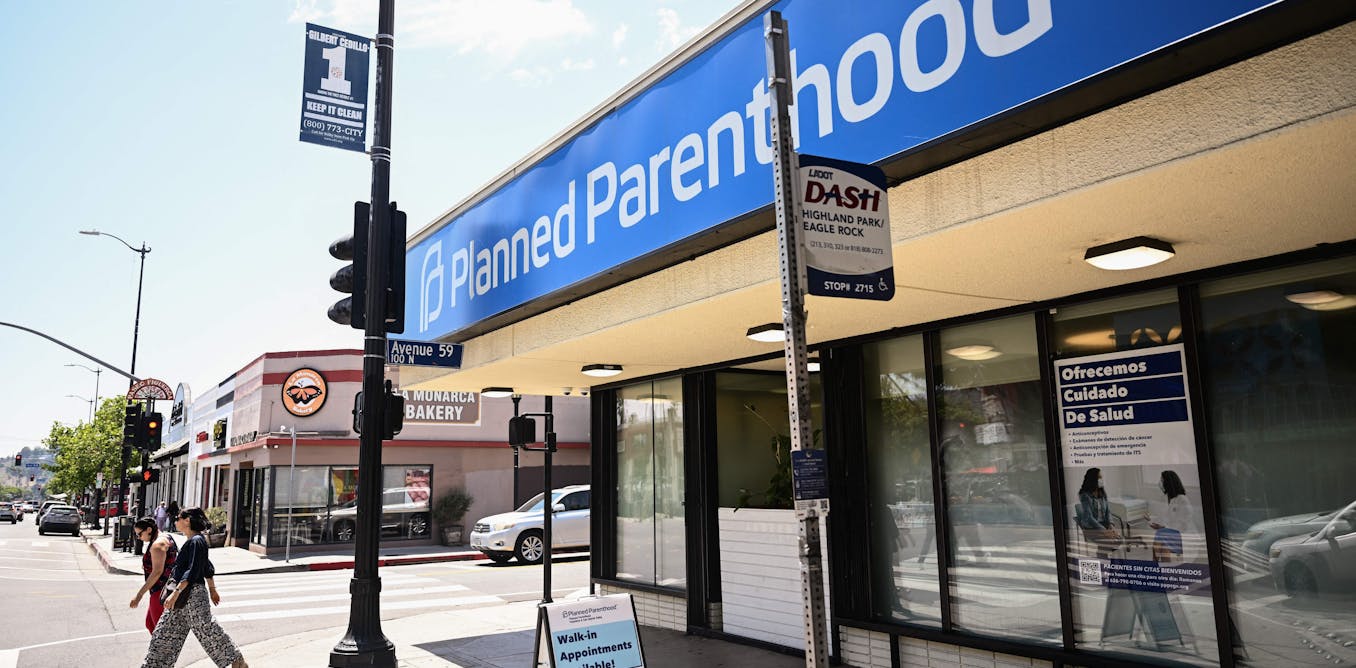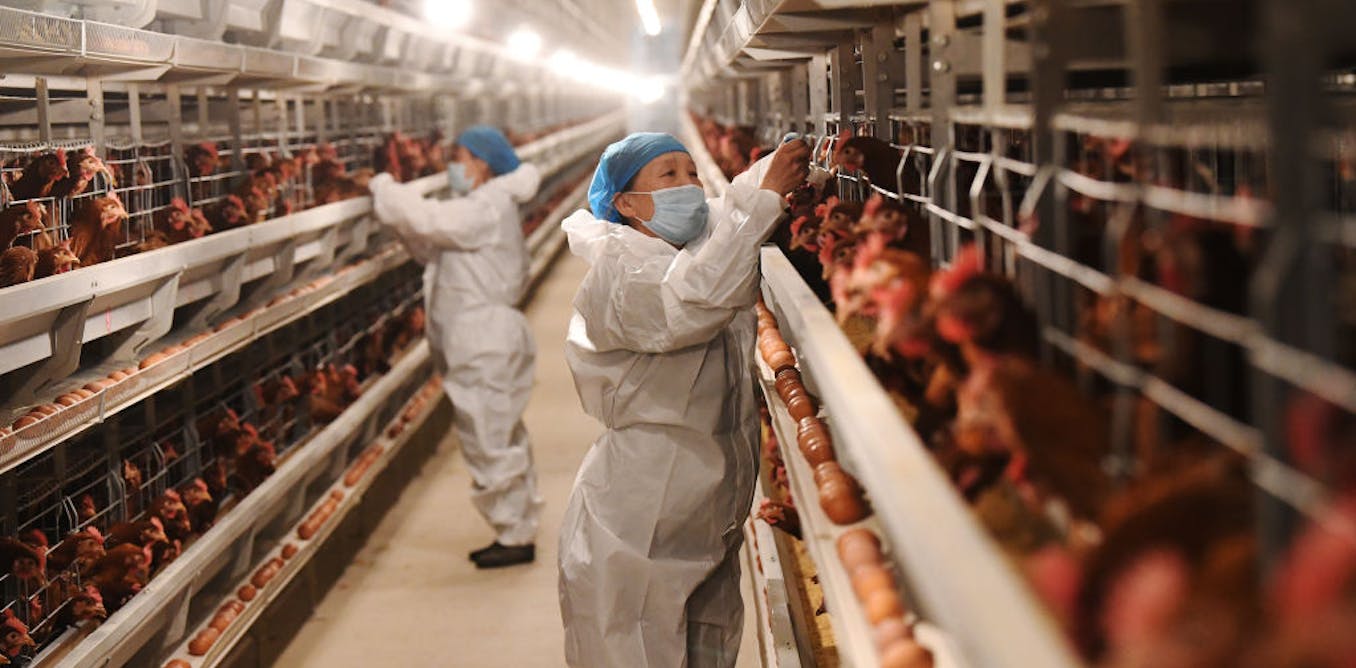A STRING of hospitals are experiencing extreme pressure in the lead up to Christmas.
High volumes of patients and not enough beds are to blame – with one hospital declaring its eighth critical incident of the year.
6

6
Royal Stoke University Hospital has declared its eighth critical incident of the year due to “increasing pressure” in A&E departments.
Patients have been warned of longer delays than usual while efforts are being made to discharge people to ease bed-blocking.
On Thursday 19 December, patients turning up at A&E were expected to wait over four hours to be seen.
The hospital’s first critical incident was announced in November last year.
Read more on winter illnesses
The declaration also involves County Hospital in Stafford – both of which are run by University Hospitals of North Midlands (UHNM).
A UHNM spokesman said in a statement: “UHNM is currently under increasing pressure with both Royal Stoke University Hospital and County Hospital, Stafford experiencing an increase in attendances at the Emergency Department who require an admission and and increasing number of patients waiting extended periods of time in the community for our services. We have therefore taken the decision to declare a critical incident.
“This helps us to take additional measures to maintain safe services for our patients and those in the community waiting for an ambulance.
“We will continue to work with out NHS and local authority partners to ensure that people who need hospital and emergency care can get treatment quickly and to identify any additional support that allows us to discharge patients who do not require acute hospital care.
“During this time the emergency departments will continue to see the sickest patients first, which means, for some patients, there may be much longer delays than usual.
“We ask the public to help us only using A&E in a serious or life-threatening emergency. It remains vital that people who need care come forward and get it in the usual way – using 999 and A&E in life-threatening emergencies and 111 for everything else.”
The trust also requested friends or loved ones of discharged patients pick them up from hospital as soon as possible and to have everything they need at home.
Other hospitals across the UK have also been feeling the pressure.
The Royal Glamorgan, Prince Charles and Princess of Wales, Wales
Cwm Taf Morgannwg University health Board put out an urgent warning this week that services and emergency departments at Royal Glamorgan, Prince Charles and Princess of Wales hospitals are exceptionally busy.
It said with hospital beds already occupied and emergency departments seeing a higher than normal attendance from people seeking care, they’re looking to the public for their support.
The health board explained: “Emergency departments prioritise treatment of the most seriously injured or ill patients. This means that, even if you are there before someone else but have a less serious condition, you will have an extended wait.
“Rather than visiting your local emergency department, take a look at other nearby services which can help with non-urgent problems – including the Minor Injuries Unit, GPs, pharmacies, and other specialists.

6
“If you’re unsure what to do, use the NHS 111 Wales symptom checker for advice on where to go for non-urgent problems. This can save you an unnecessary trip to a hospital or other NHS service and help you get the care or treatment you need, more quickly.
“If you have a loved one who is in hospital and ready to be discharged, it can be a huge help to NHS staff if you can help them to get home. This could include making sure their home is warm and ready for their return, or picking them up from hospital.”
But they also reminded people if they have stroke symptoms, have severe blood loss or have suffered a major trauma, to ring 999 or visit an emergency department straight away.
Noble’s Hospital, Isle of Man
Visiting on two hospital wards at Noble’s Hospital in the Isle of Man has been suspended due to a “significant increase” in norovirus cases.
Norovirus cases have been on a sharp rice in recent weeks, with recent UK Health Security Agency (UKHSA) figures revealing the number of suspected cases are more than double the five-year average.
The virus, also known as the winter vomiting bug, is highly contagious, with people showing symptoms asked to stay away from others for at least 48 hours once they subside.
On Saturday 14 December ward six was closed to visitors, and visits on ward eight were suspended three days later.
Manx Care has encouraged relatives of patients to contact the ward during visiting hours to receive updates from staff on family members.
An update is to be provided when the situation changes.

6
The Royal Hampshire County Hospital and Basingstoke and North Hampshire Hospital
Two other hospitals that declared critical incidents this week were The Royal Hampshire County Hospital and Basingstoke and North Hampshire Hospital.
Hampshire Hospitals NHS Trust said there’s “currently no capacity to admit further patients needing our care”.
The hospitals’ bed shortage has been caused by high admission rate, high numbers of infectious patients requiring isolation, and a low discharge rate.
In a statement published on Monday 16 December, the trust said: “Beds across both hospitals are full and attendance at our emergency departments is extremely high.”
Patients with non-urgent issues have been warned they could face “extremely long waits” in A&E.
Instead, they should contact 111 or visit a GP, pharmacy, or urgent treatment centre.
Julie Dawes, chief nurse for Hampshire Hospitals, said: “A considerable number of beds are being used to care for individuals who would be more comfortable recuperating in a home setting.
“Our ward teams can help with medication or equipment so if you can, please have the conversation and collect loved ones, this will free up capacity for someone who is in need of hospital treatment and care.”

6
When you should call NHS 111 or go to A&E
NHS 111 is the best place to get help if you cannot contact your GP or if you urgently need medical help or advice but it’s not a non-life-threatening situation.
If you’re not sure if you need to go to A&E, you should get hep from NHS 111.
You should visit an A&E department for genuine life-threatening emergencies, such as:
- Loss of consciousness
- Acute confused state and fits that are not stopping
- Chest pain
- Breathing difficulties
- Severe bleeding that cannot be stopped
- Severe allergic reactions
- Severe burns or scalds
- Stroke
- Major trauma such as a road traffic accident
Less severe injuries can be treated in urgent care centres or minor injuries units.
Source: NHS
What’s causing the hospital pressure?
Winter pressure on the NHS has been building due to the winter illnesses circulating.
Flu cases in hospital have already surpassed last year’s peak.
Figures published by NHS England this week showed one in 18 hospital beds are being taken up by patients with a festive bug, with 2,504 beds alone being taken up by flu patients.
This is an increase of almost 40 per cent on the week before (1,795).
Cases of norovirus and respiratory syncytial virus (RSV) have also been high, with 711 beds taken up by norovirus patients, almost a quarter more than last year, and 127 children in hospital with RSV each day last week – a quarter more children compared to the same period last year.

6




